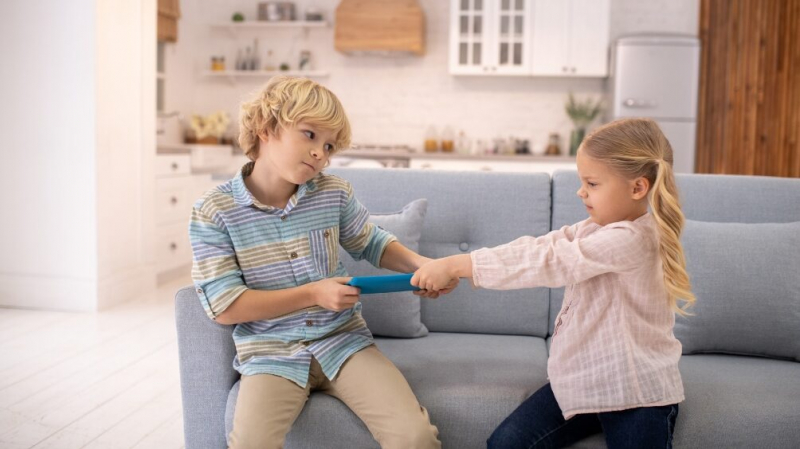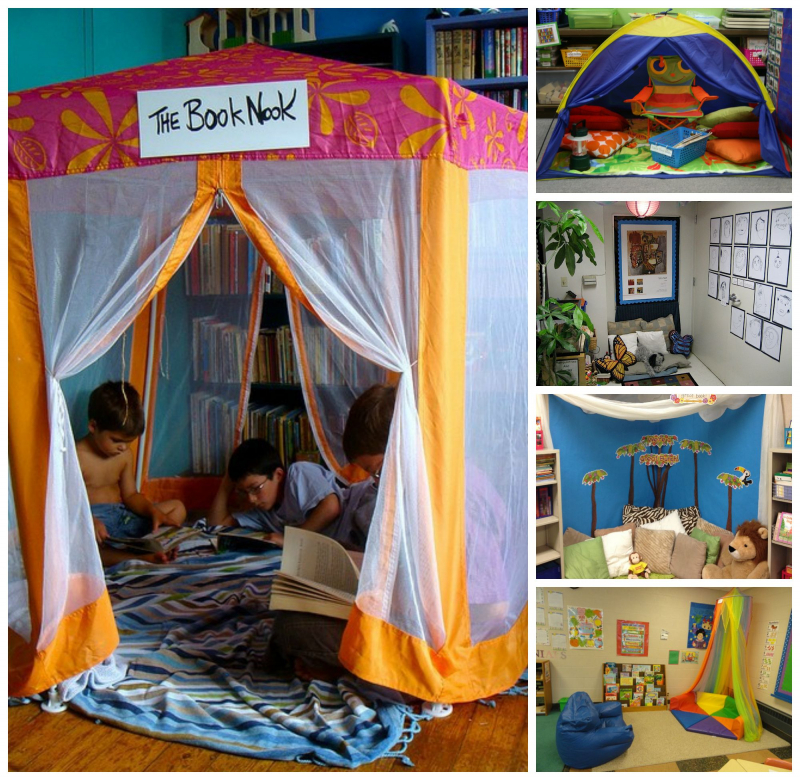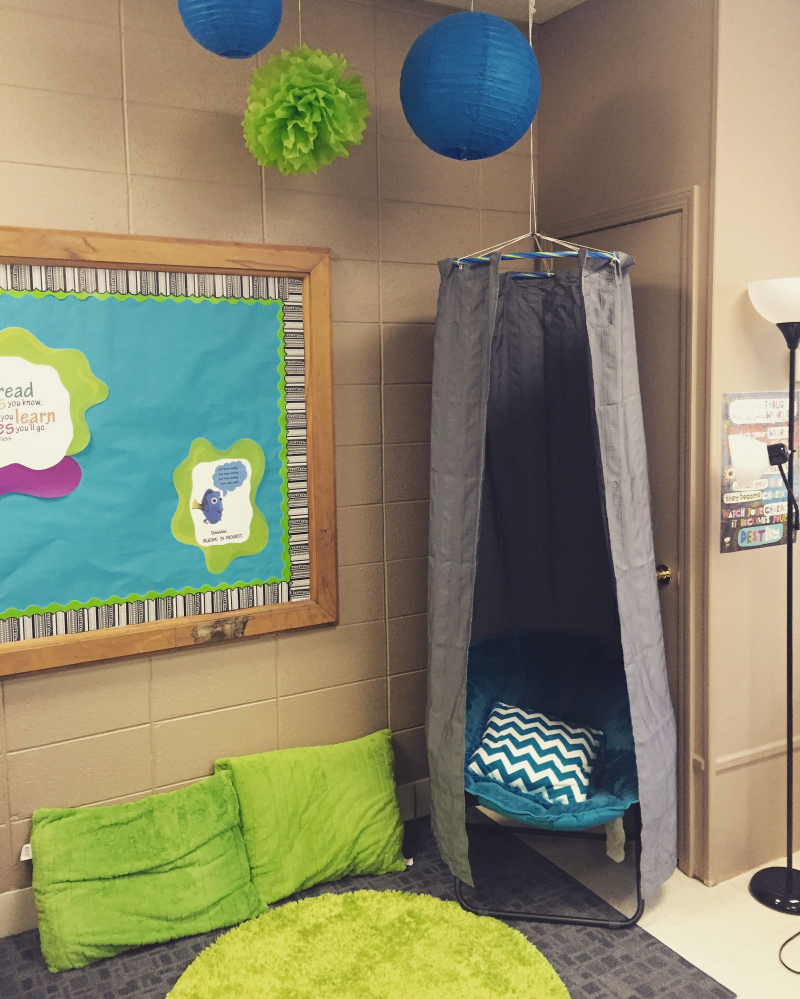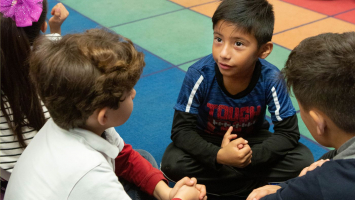Top 5 Best Ways to Help Students with ODD
Most youngsters will dispute and push boundaries at times. However, some children are defiant and antagonistic to the point where it interferes with their ... read more...everyday life, a condition known as Oppositional Defiant Disorder, or ODD. Students with ODD disturb their own life, as well as the lives of those around them. So, how can you assist them? Let's find out the Best Ways to Help Students with ODD below!
-
When teachers react with anger when kids with ODD act out, the conduct worsens, and students get delighted or encouraged by upsetting an adult. Instead, teachers should maintain a cheerful tone of voice, use neutral body language, and avoid approaching or entering the student's personal space, as this may worsen the problem.
When interacting with children who have ODD, consistency in both words and deeds is essential. Teachers should utilize the same selection of "trigger phrases" on a regular basis to let kids know they are serious. When students begin to quarrel with them in class, teachers can simply respond, 'not now', 'later', or 'address the problem'.

via: Start Here Parents! 
via: FirstCry Parenting -
Behaviors help students obtain something desirable, or escape something undesirable. Adults in general and teachers, in particular, should think about behavior as feedback, or a way of communicating, an approach that’s helped them work more effectively with students who display problem behaviors. Figuring out variables that lead to students with ODD acting out might help teachers establish a plan for handling their problematic behaviors in the classroom.
Picking up on a student's cues that their emotions are mounting long before things reach a breaking point is sometimes necessary. When kids who have suffered trauma begin to feel agitated, they frequently exhibit physical symptoms of concern, such as balling up their fists, retreating from classroom contact, or clenching their jaw. Many teachers disregard students' escalating symptoms of anxiety in the hope that they will eventually settle down. However, if ignored, even mild behaviors might quickly increase.

via: The Gatehouse 
via: TeleMed2U -
Children with ODD can learn to detect when they are feeling stressed and about to challenge or defy their parents. Giving them a secure place to relax and reconsider their options can be beneficial. Every classroom, for example, has a nook known as a peace corner, which includes a comfy seat, a timer, and materials such as cuddly animals, sensory squeeze toys, and rudimentary drawing and writing supplies. It's a place where kids may relax and recharge. The school also realizes that teachers may require a break as well. Teachers can ask a colleague through text messaging to momentarily cover their class if they are about to lose their cool, using a practice known as tap-in/tap-out.
An unbalanced adult cannot control an unbalanced youngster. Teachers can employ tactics that respect students' emotions and desire for space while also allowing their systems to cool down in a safe manner.

via: Pinterest 
via: Pinterest -
It’s important to affirm the students’ autonomy by giving them choices. When kids feel respected, their sense of belonging and mood will often improve. Teachers should avoid ultimatums like “you better sit back down or I’ll send you to the office”. Instead, clearly communicate expectations and limits so kids understand. The teacher might say mildly “I see you’re upset, but it’s not OK to yell at me. You can either go get a drink of water and come back in five minutes or sit in the reading chair and I will check in with you in five minutes".
It's critical to avoid an argument in the heat of the moment. Teachers can say that “state your choices, then walk away". The teacher should give the student time to process and decide which choice to make. If they don't like the choices, don't engage. If they try to fight, repeat the alternatives and walk away again. If the student still won't select, they won't be able to join in their favorite activity.

via: Verywell Family 
via: Raising Children Network -
Often, children with ODD seek a relationship with a teacher who can assist them in dealing with problems on their own, rather than making them stand out in a negative way. Making a connection with them will aid in getting to the bottom of the problem. Though teachers may feel compelled to establish limits with students, merely conversing with them informally can foster invaluable relationships that impact their behavior in the classroom.
Teachers should make an effort to be personable to students and learn intriguing facts about them. During the five minutes between courses, students can tell their teachers about their life.

via: Scary Mommy 
via: Verywell Family


























